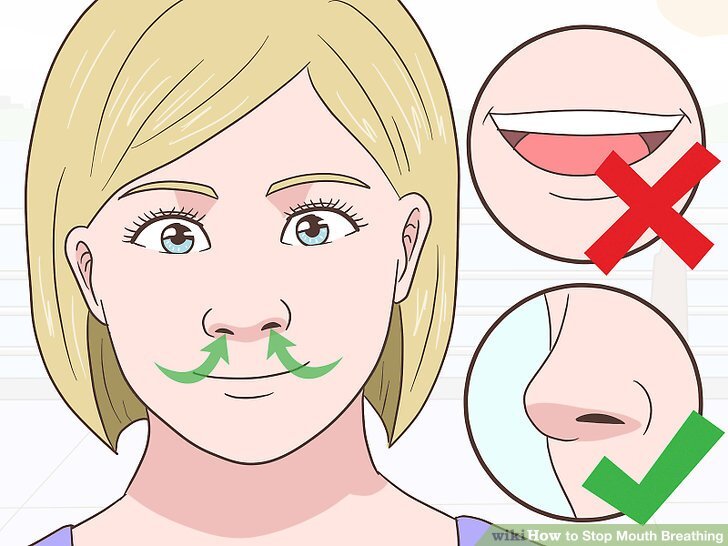
Mouth Breathing
Airway Health Your Key to Wellness
Breathing affects your quality of life.
Our body was designed for nasal breathing, and the way we breathe affects our quality of life. If you can’t breathe well, you can’t sleep well. Poor breathing and sleeping patterns can adversely affect your mood, energy, focus and overall health.
If you are not breathing well, your body works harder to function. Our bodies are meant to rest and recover during our sleep, so if our sleep is disrupted then the body does not get a chance to properly restore itself.
The nasal passage warms, filters and purifies air before entering the lungs. Mouth breathing bypasses this important step passing cold, unfiltered air into the body. This predisposes one to dry mouth, frequent colds, cough, and can affect dental health and facial development.
Do you breathe through your mouth?
Mouth breathing is when the jaw drops down to allow air in. This happens when we cannot get enough air in through our nose, so the mouth takes over. Mouth breathing can become a life long habit if not corrected, and can be detrimental to your health. When you mouth breathe, the tongue rests low in the mouth, the back of the tongue drops down and the airway becomes restricted. To compensate for a restricted airway, we position our head forward to allow more air to pass through. Over time this can lead to neck and shoulder tension, clenching or grinding, snoring and/or sleep apnea, TMJ pain, and anxiety or depression.
What Causes Mouth Breathing?
Some of the most common causes of mouth breathing are:
chronic allergies and/or food sensitivities
enlarged tonsils and/or adenoids
chronic nasal congestion
a deviated septum
nasal polyps
asthma
low resting tongue or a tongue tie
prolonged thumb sucking/pacifier use
Impacts of Mouth Breathing on Our Body
Changes in facial growth and development
TMJ pain
Crooked teeth
Chronic fatigue
Orthodontic relapse or longer time in treatment
Snoring and/or Obstructive Sleep Apnea
ADD/ADHA
Poor Concentration
Increased risk of dental decay and gingival disease
Dry mouth and/or bad breathe
Enlarged tonsils
Anxiety and/or depression
Digestive concerns: acid reflux, gas, indigestion
⇢ In adults, mouth breathing affects the level of oxygen concentration in the blood stream which can be associated with cardiovascular disease, high blood pressure, sleep apnea and other health concerns.
⇢ In children, mouth breathing has been linked to poor growth and weak academic performance, as well as ADD and ADHD symptoms and more.
How Can Mouth Breathing be Treated?
It may seem as simple as saying “close your mouth, breathe through your nose”, but as this bad habit continues the muscles of the face and mouth compensate and learn to work incorrectly. New patterns must be taught to retrain previous dysfunctional patterns. Through Myofunctional Therapy, we work to strengthen and re-train your muscles to help stop poor breathing patterns. When you switch from mouth breathing to nasal breathing, changes to your health and quality of life can be remarkable!


